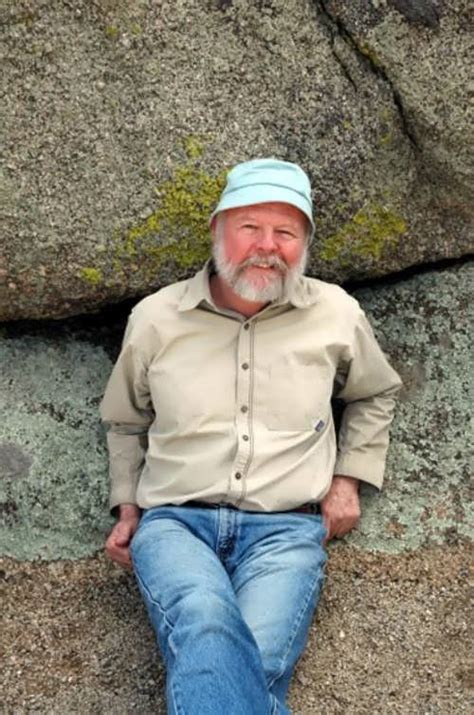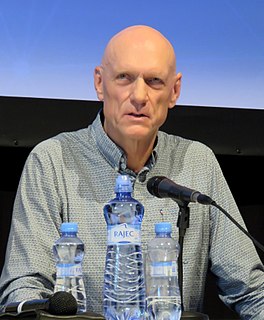A Quote by David Foreman
We advocate biodiversity for biodiversity's sake. It may take our extinction to set things straight.
Quote Topics
Related Quotes
To many people, 'biodiversity' is almost synonymous with the word 'nature,' and 'nature' brings to mind steamy forests and the big creatures that dwell there. Fair enough. But biodiversity is much more than that, for it encompasses not only the diversity of species, but also the diversity within species.
The students of biodiversity, the ones we most need in science today, have an enormous task ahead of molecular biology and the medical scientists. Studying model species is a great idea, but we need to combine that with biodiversity studies and have those properly supported because of the contribution they can make to conservation biology, to agrobiology, to the attainment of a sustainable world.
Even if we planted a tree on every square yard available in the planet by the end of the century we would only capture at most 10 percent of the CO2 we need to reduce. This does not mean that we should not plant trees; we should, for biodiversity's sake, and for our long-term future together with the other species.




































